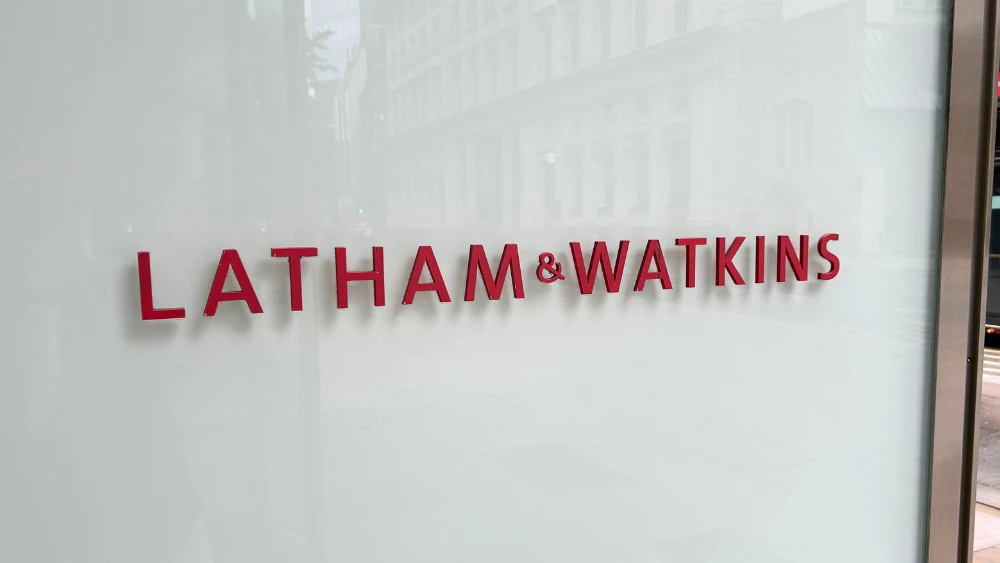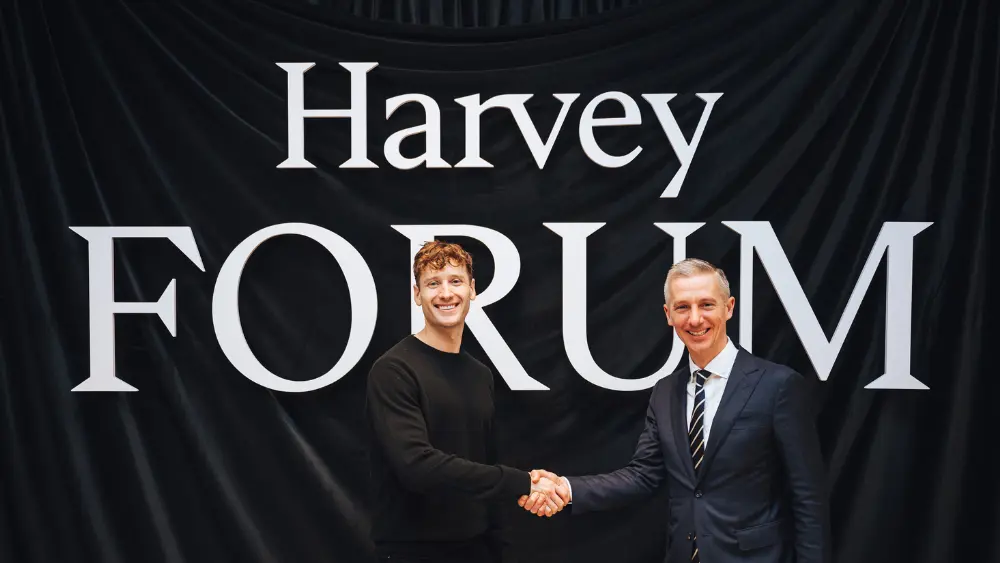'The PEP trap': veteran City lawyer warns Big Law is mortgaging its future

Veteran City lawyer Jonathan Peddie has warned that Big Law’s fixation on profits per equity partner is eroding long-term client relationships, non-lawyer talent and strategic health.
He argues the "PEP trap" fuels short-termism, underinvestment in non-lawyer expertise and leadership gaps that could take years to repair.
A veteran City lawyer has taken aim at law firms’ fixation on profits per equity partner (PEP), warning that the metric warps decision-making, hollows out non-lawyer talent and even harms firms’ ability to win top-tier work.
Jonathan Peddie, whose 30-year career spans Clifford Chance, a decade in-house at Barclays where he became global head of financial crime legal, and most recently partnership at Baker McKenzie, set out his argument in a LinkedIn piece titled The PEP trap - the evolving law firm time bomb.
Short-term sugar high
PEP, Peddie says, has become the go-to measure of law firm success despite being a narrow yardstick that ignores how things are done, client relationships and long-term sustainability. In a partnership model, all profits get paid out every year - making big, long-term investments an easy casualty. As he puts it: "Turkeys don’t vote for Christmas."
That mindset, he argues, means firms skimp on the very infrastructure that drives growth and brand - finance, marketing, risk, compliance, HR. Because many partners see these teams as cost centres rather than growth engines, they run them "too lean to support the effective strategic growth that would improve business performance".
Leadership gaps and brand drift
Peddie also takes aim at law firm leadership structures, where senior roles often go to high-billing partners with little management training, while non-lawyers are kept out of top decision-making (with some firms notable exceptions, he adds). In other industries, technical excellence and management expertise are separate skills. In law, he says, they are muddled.
The result, in his view, is reactive management dressed up as agility: chasing market trends, shifting to "the hot new idea" and failing to build an established reputation for expertise in the eyes of the market - "What matters to the buyer is whether they have the best lawyers in that specialism", Peddie says.
Protecting the firm's equity ranks also reduces access to the C-suite and senior execs that are key to landing the most profitable work. "The PEP-centric model says that your lean machine needs more, fresh, hungry salaried partners and fewer established top-end equity partners," he writes. That leaves younger partners - without the same senior networks - able only to bid for mid-market, volume work that can’t justify the premium rates the PEP obsession demands. "Oh, the danger of the blinkered pursuit of competitive PEP."
Clients know what's up
Firms' internal politics are not "invisible" to clients, in fact they are "the first thing the client sees and the loudest noise they hear." Peddie says clients live in a "state of constant market comparison" and have their own "very well-informed view of the current state of the market, who’s hot and who’s not."
A bad reputation, he warns, can be earned in five minutes, but can take five years to repair - a horizon most PEP-obsessed partnerships refuse to think in. And once trust is broken, no amount of sudden lateral hiring will patch things up.
Join 10,000+ City law professionals who start their day with our newsletter.
The essential read for commercially aware lawyers.







